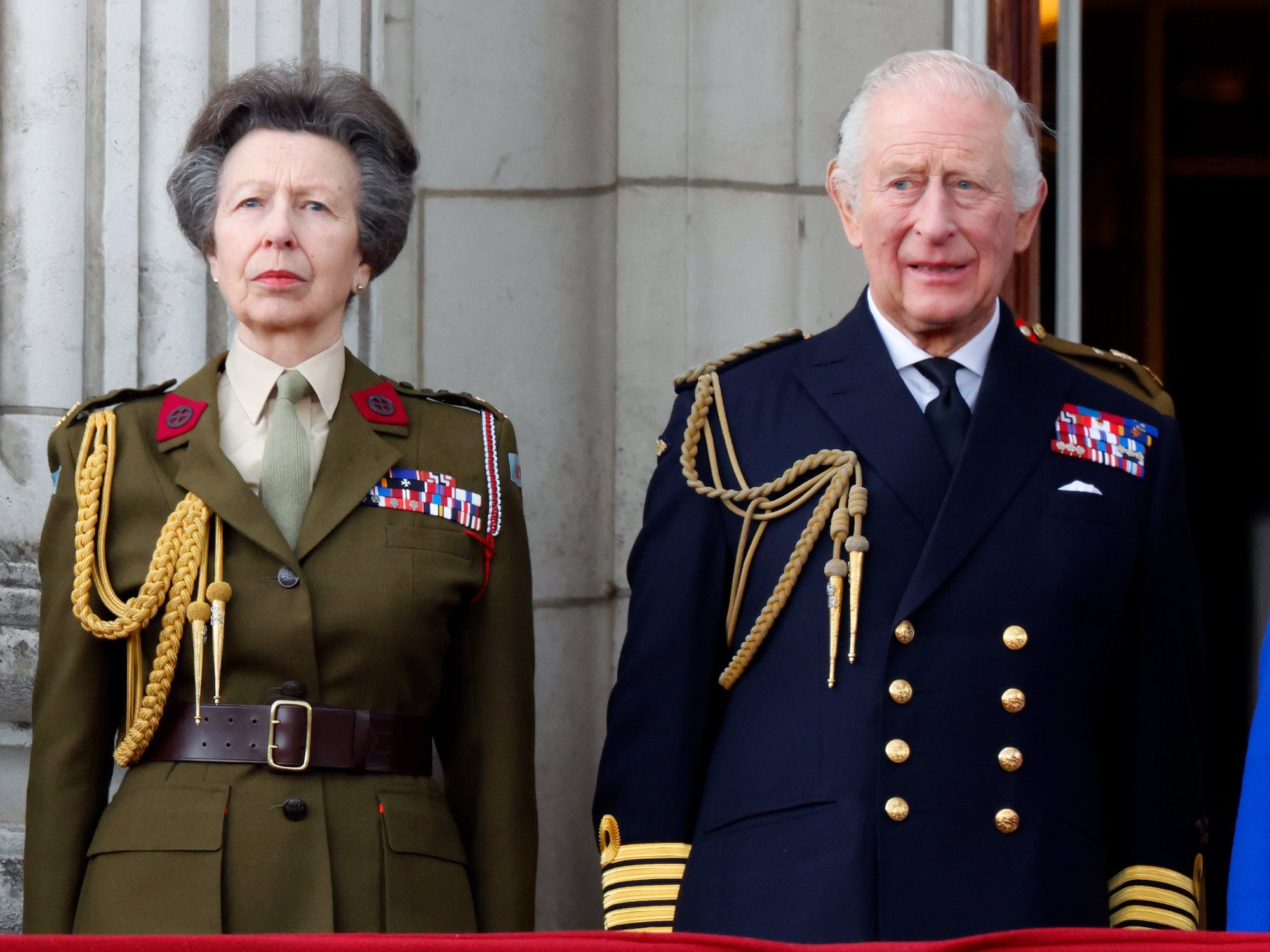State pension warning as millions 'run out of money' and face £2,858 a year shortfall in retirement

Experts have warned the state pension will not sustain the kind of retirement people need
Don't Miss
Most Read
Over one million Britons face a £2,858 annual shortfall in their retirement income, new research shows.
The growing retirement crisis in the UK is underscored by the fact that the full new state pension of £11,542 for 2024-25 falls significantly short of the £14,400 annual income required to achieve even a basic lifestyle in retirement.
Anyone who has just the state pension to live off would run out of cash today, according to Just Group.
With over two months of the year still to go, today marks State Pension Shortfall Day – the point in 2024 when a single pensioner on the ‘minimum’ of the PLSA Retirement Living Standards would have exhausted the full new state pension.
These pensioners will be left reliant on private pension income or other savings to bridge the gap as their payments would have dwindled.
The PLSA's Retirement Living Standards define a minimum lifestyle as one that covers all essential needs while allowing for some enjoyment.
This includes affording a one-week UK holiday, spending £50 on weekly groceries for a single person or £95 for a couple, and engaging in affordable leisure activities twice a week. However, it doesn't account for car-related costs.

The PLSA's Retirement Living Standards define a minimum lifestyle as one that covers all essential needs while allowing for some enjoyment
| PixabayStephen Lowe, group communications director at retirement specialist Just Group, said: "At a time when Government support for retirees’ finances is under scrutiny, State Pension Shortfall Day marks the day in the year when a pensioner living to a ‘minimum’ standard would theoretically run out of money if their only source of retirement income was the State Pension
"Despite two successive, significant increases, the full new state pension still falls nearly £3,000 a year short of meeting the minimum of the PLSA's Retirement Living Standards and is nearly £20,000 lower than the income required to support a moderate standard of living."
The retirement crisis is deepening, according to a report by Scottish Widows. Their research indicates that 38 per cent of the population is potentially off-course in achieving even a basic lifestyle post-retirement, up from 35 per cent the previous year.
This increase represents approximately 1.2 million additional people at risk of not maintaining a minimum standard of living in retirement.
Rising living expenses, including increased rental costs, have been identified as the primary driver behind this growing shortfall.
"More people will be renting or carrying mortgage repayments on through retirement in the future," the report states, highlighting the financial challenges facing future retirees.
Pensioners aspiring to the ‘moderate’ or ‘comfortable’ Retirement Living Standards will need to save significantly more to generate the income to fund expenditures of £19,758 and £31,558 a year, respectively.
Those who only have retirement income from the full new state pension would face running out of money much earlier in the year if their spending was aligned with these two higher Retirement Living Standards.
Lowe continued: "The state pension remains a fundamental building block of retirees’ annual retirement income but for many people this level of income will not provide the resources to sustain the kind of retirement they need.
"People have an aversion to long-term planning and find it easier to focus on near-term events, but we need to make it simpler for them to see the consequences of how their saving habits can support them in later life. Pension adequacy is a topic growing in importance."
The financial challenges facing future retirees are prompting many to extend their working lives. Scottish Widows' research found that over half (54 per cent) of retirees anticipate working for an additional seven years due to financial pressures.
Most people expressed a desire to retire at an average age of 62. However, younger generations aspire to retire even earlier, with those aged 18 to 29 wishing to stop work at 61.
Despite these aspirations, the reality is stark. Across all age groups, over a quarter (27 per cent) of those who have made retirement plans do not believe they will ever be able to afford it
This gap between expectations and reality underscores the urgent need for better retirement planning and savings strategies.
Pete Glancy, head of pensions policy at Scottish Widows warned: "It is likely to be a long time before Britain has been saving enough to give future pensioners the outcomes they hope for.
"In the meantime, helping people to make the very most of what they have is going to be critical."










